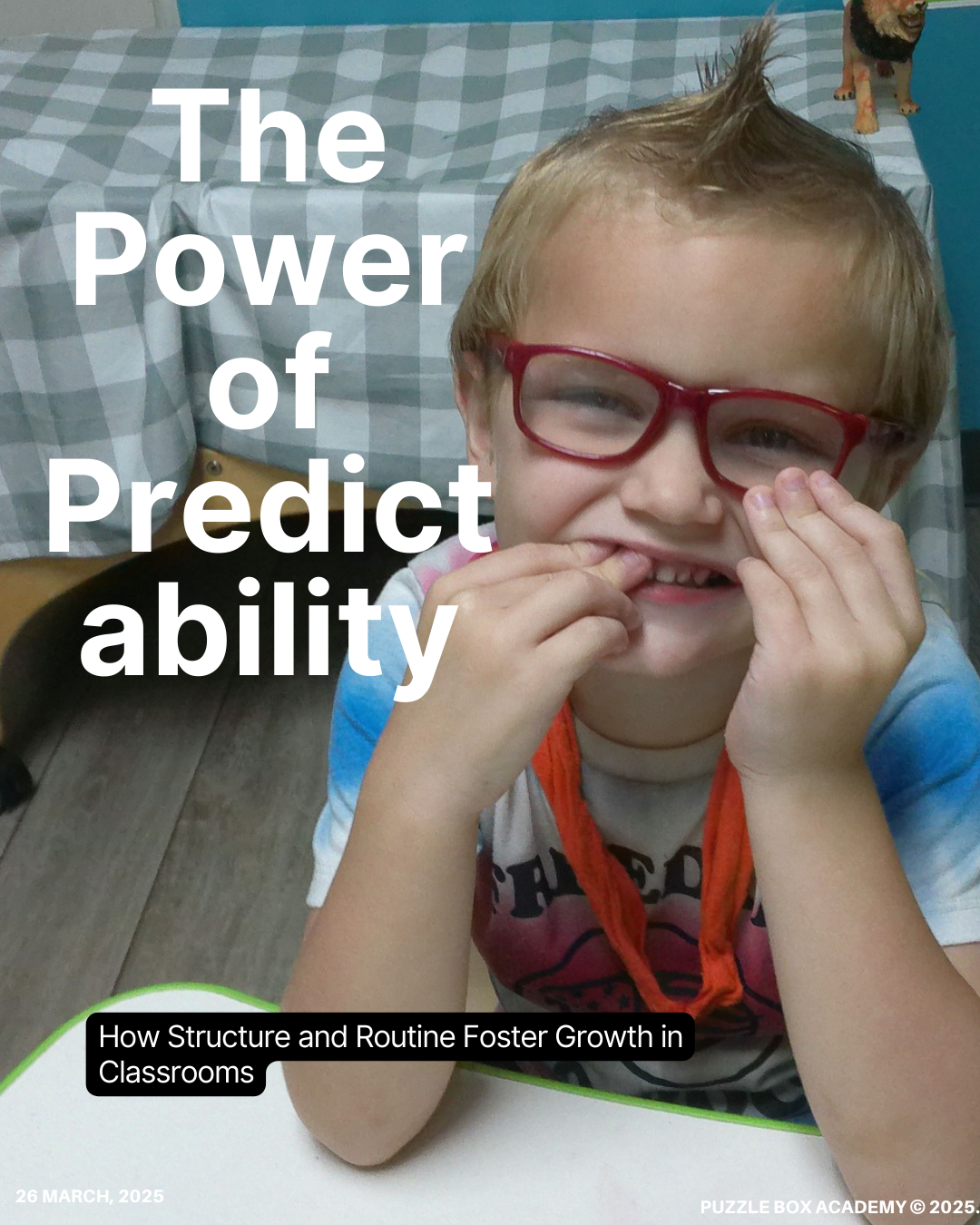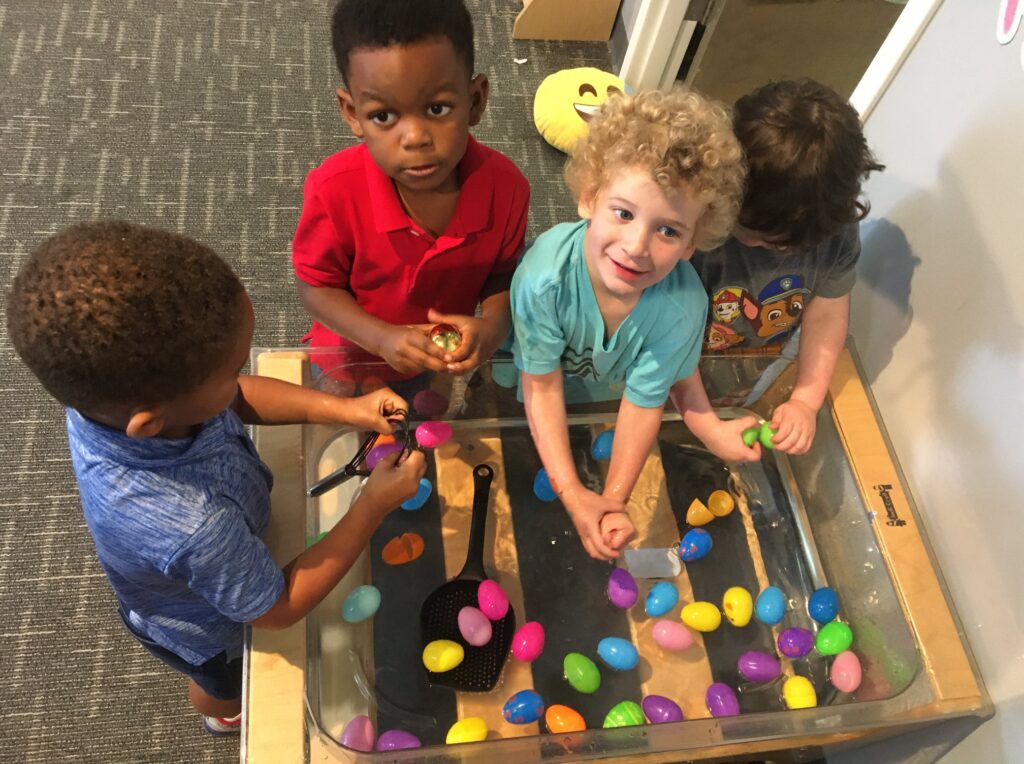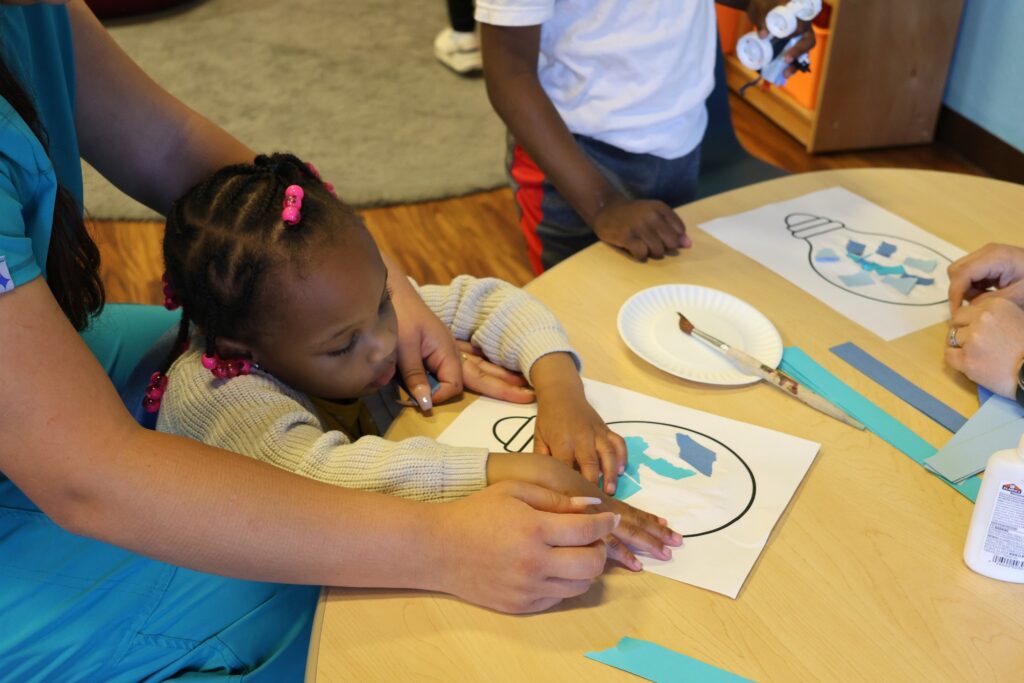Creating an inclusive and supportive learning space is at the heart of any classroom. Remarkable growth can happen when students feel seen, understood, and secure. For both neurodivergent and neurotypical students, predictability isn’t just a perk of the classroom experience – it’s necessary for their emotional and academic success.
This post explores why structure and routine are vital elements in neurodiverse classrooms and how teachers can create environments that empower every student to thrive.
Understanding the Neurodiverse Classroom
Neurodivergence includes a broad spectrum of learning and developmental differences such as autism, ADHD, sensory processing disorder, and more. For many neurodivergent students, navigating a chaotic or unpredictable environment can trigger anxiety, dysregulation, or difficulty focusing.
Predictability, on the other hand, fosters a sense of safety and security. When routines and expectations are clear, students can better self-regulate, engage with peers, and focus on their learning.
How Structure and Routine Foster Success
1. Promotes a Sense of Security
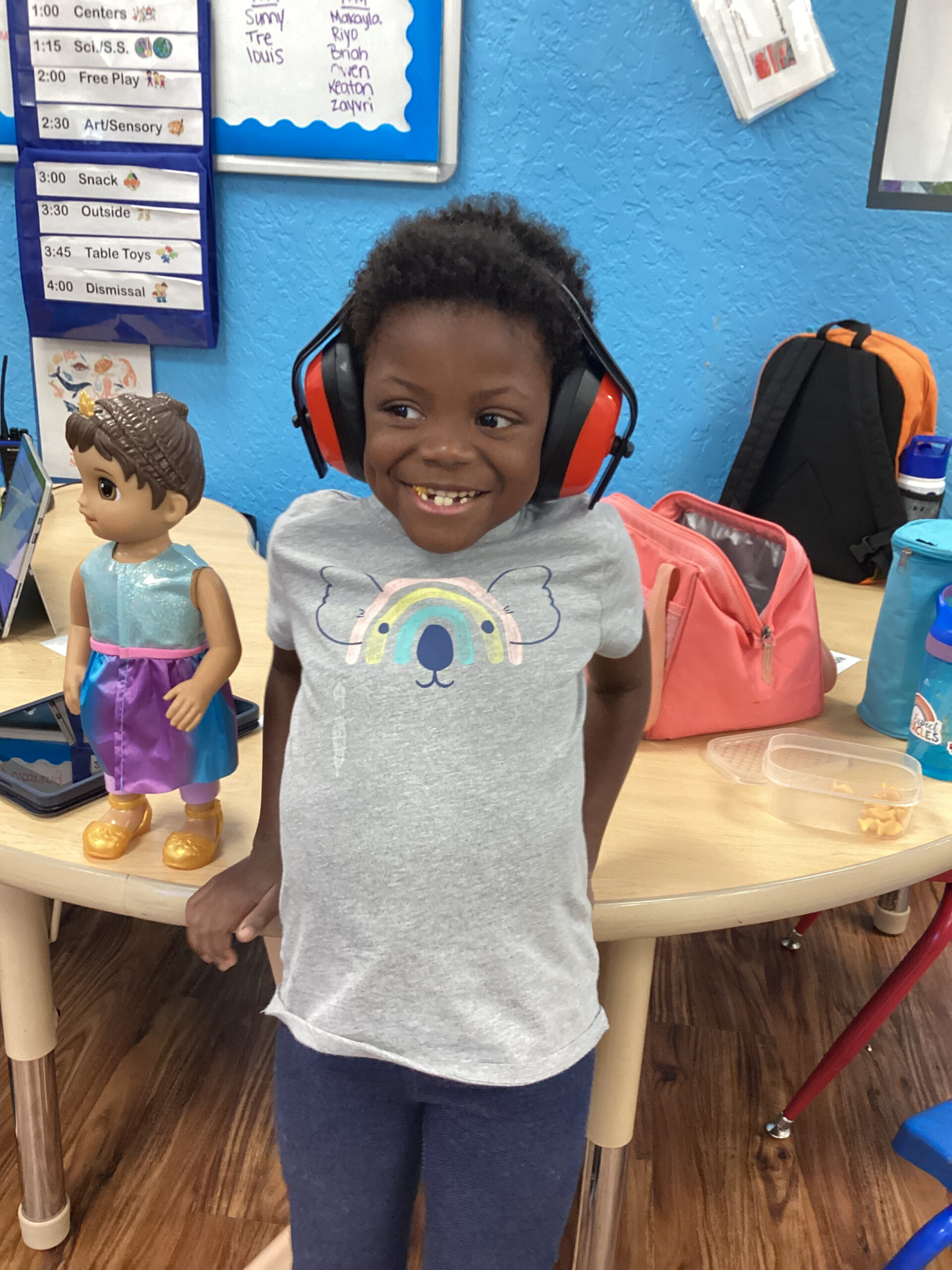
Consistent routines help neurodivergent students understand what’s coming next, reducing uncertainty and anxiety. When students know what to expect, they can focus less on worrying about the unknown and more on engaging with the present moment.
For example:
- Visual Schedules provide a clear, accessible guide of the day’s activities. Students can refer to these as needed, offering comfort and independence.
- Daily Rituals, like a morning check-in or mindfulness activity, create a predictable start to the day and set the tone for calm and focus.
2. Supports Emotional Regulation

Transitions and surprises can be overwhelming for students. Predictability allows them to anticipate changes and process emotions more effectively. By incorporating structural elements like countdown timers or pre-transition cues (“We’ll switch to math in 5 minutes”), teachers can give students space to adapt and prepare.
This minimizes disruptions and teaches valuable emotional regulation skills that extend far beyond the classroom.
3. Encourages Academic Growth
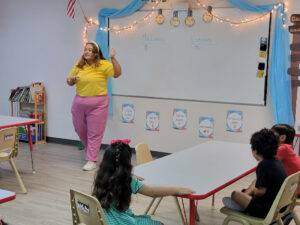
Students can allocate their energy toward learning rather than managing discomfort or stress when predictability is in place. Consistent routines create an environment where neurodivergent students feel confident and ready to explore their academic potential.
Small, structured steps in lessons help improve focus and comprehension. For instance:
- Chunking tasks into manageable parts ensures students don’t feel overwhelmed.
- Repetitive instructional routines reinforce concepts, particularly for students with executive function challenges.
4. Builds Confidence and Independence

Predictable classroom environments empower neurodivergent students by promoting self-reliance. They can navigate their day and complete tasks independently with clear routines and supports.
Simple tools that encourage autonomy include:
- Visual Choice Boards for selecting activities
- Classroom Jobs to foster responsibility and ownership
- Traffic Light Systems for self-assessing readiness or seeking help
When students feel capable and supported, their confidence soars.
Steps to Create Predictability in Your Neurodiverse Classroom
- Use Visual Communication Tools
Incorporate items like schedules, task cards, and social stories to offer clarity and visual cues.
- Start and End Each Day with Rituals
Consistent beginnings and endings provide bookends that ground students. Whether it’s a morning meeting or a closing gratitude circle, routines like these help create a reliable experience.
- Prepare for Transitions
Use countdowns, songs, or short visual timers to guide students through activity changes. Provide verbal reminders about what’s coming next.
- Keep Language Clear and Positive
Use concise, affirmative language to set expectations. Instead of “Don’t run,” try “Please walk.” Consistent phrasing reinforces predictability and reduces confusion.
- Stay Flexible Within Structure
While routines are vital, remember that every student’s needs can vary. Offering opportunities for sensory breaks or quiet time ensures that the routine flexes to support student well-being.
- Collaborate with Students and Families
Understanding each student’s unique needs is key. Working alongside families or caregivers can help you determine what might work best.
MindMeld: Aspire
Empowering educators to create meaningful change in the classroom starts with the right training. Enter Bridge to Tomorrow’s MindMeld Aspire program, a groundbreaking classroom management training designed to equip teachers and caregivers with the tools they need to support neurodivergent students. By blending the proven techniques of Applied Behavior Analysis (ABA) with over a decade of expertise in neurodivergent teaching, Aspire provides practical strategies to address the unique needs of students with cognitive challenges.
This comprehensive program goes beyond theory, offering hands-on learning opportunities guided by experienced mentors. Participants learn how to set clear expectations, establish effective routines, and implement evidence-based methods that foster inclusive and nurturing learning environments. With Aspire, educators don’t just learn how to manage classrooms; they gain the confidence and skills to unlock the potential of every child, ensuring no student is left behind.
Join the MindMeld Community today for support from parents, caregivers, and educators who understand and care ❤️https://mm-community-65d843.circle.so/checkout/mindmeld-community
Or get Aspire and get 60 Days of MMC for free! https://mm-community-65d843.circle.so/checkout/mindmeld-aspire-with-60-days-of-mmc-free
The Puzzle Box Academy Connection
At Puzzle Box Academy, we deeply understand the importance of structured, safe learning environments for neurodivergent students. We’ve seen firsthand how predictability transforms challenges into opportunities for growth. By fostering a consistent routine and incorporating visual schedules, our students feel supported and prepared to achieve their full potential. We have even developed a custom classroom management and education program called MindMeld: Aspire.
The Bigger Picture
Providing a predictable environment is not about rigid rules or limiting creativity. It’s about opening the door to possibility. When neurodivergent students feel secure, their strengths have the space to shine. They can discover their abilities, connect with their peers, and contribute empoweringly to their classroom community.
Teachers and advocates, your role matters. Integrating structure and routine into your classrooms, you’re helping to create a world where every student can feel understood and valued.
Let’s Grow Together
Interested in learning more strategies to support neurodivergent students? Contact Puzzle Box Academy’s team for expert advice and tailored solutions.
Together, we can create inclusive spaces where every student thrives. Every small change makes a world of difference.
External Links:
- Why is Classroom Routine Important? Routines structure the day, making the classroom a familiar and safe place to learn.
- Supporting the Needs of Neurodivergent Students Structured routines are essential for many neurodiverse students, especially those challenged by executive functioning.
- Strategies for Neurodiverse Students Are Best Practice for All Structured routines create predictability, which helps reduce anxiety and boost learning for everyone.
- The Deeper Meaning of Consistency in the Neurodiverse Classroom A highly structured and predictable routine is a crucial tool for educators managing neurodiverse classrooms.
- Autism Routine and Structure Establishing a daily routine with specific activities at fixed times is important for predictability and stability.

